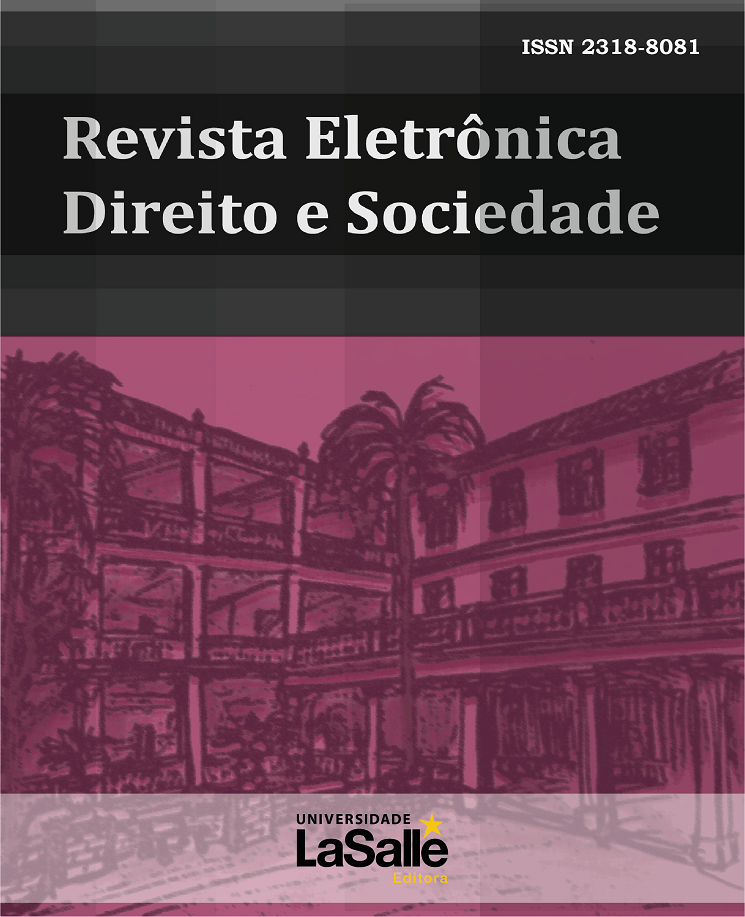Fashion philosophy and constitutional theory: an interdisciplinary approach between fashion and the Lassale-Hesse dialogue
DOI:
https://doi.org/10.18316/redes.v7i3.4786Keywords:
Fashion Philosophy, Constitutional Theory, Fashion Law.Abstract
The following article aims to discuss the linkage between fashion philosophy and the constitutional theory, making a base theory for the fashion law study in a jusphilosophical and constitutional bias. Therefore, it employs the inductive method and develops qualitative, exploratory and representative research, since it begins with a description of both fields to build a broad theory. It has the support of philosophy and law bibliographical references and also analyzes the Constitution. It comprehends the fashion philosophy is connected to the post-modern concept of identity, which represents the consumerism as a factor of differentiation and personalization. It understands the fashion changes and it’s receptions by the consumer follows a similar phenomenology as the one previewed for the Constitution by Lassale-Hesse. At last, it concludes the fashion philosophy and the constitutional law are related based on the pluralistic social values attributed to both areas field of study.
Downloads
Published
Issue
Section
License
Authors who submit their manuscripts for publication in the “REDES” Magazine agree to the following terms:
The authors claim to be aware that they retain copyright by giving “REDES” the right to publish.
The authors declare to be aware that the work submitted will be licensed under the Creative Commons Non-Commercial Attribution License which allows article sharing with acknowledgment of authorship and publication in this journal.
The authors declare to be aware that by virtue of the articles published in this journal have free public access.
The authors declare, under the penalty of the law, that the text is unpublished and original and that they are aware that plagiarism has been identified, plagiarized authors will be informed - willingly, to take legal action in the civil and criminal sphere - and, plagiarists will have their access to the magazine blocked.
The authors state that - in case of co-authoring - all contributed significantly to the research.
Authors are obliged to provide retractions and (or) corrections of errors in case of detection.
The authors are obliged not to publish the text submitted to “REDES” in another electronic journal (or not).
The Electronic Journal Law and Society - REDES - is licensed under a Creative Commons License. Attribution-NonCommercial 4.0 International.Based on work available at "http://revistas.unilasalle.edu.br/index.php/redes/about/submissions#copyrightNotice".
Permissions in addition to those granted under this license may be available at http://creativecommons.org/.

